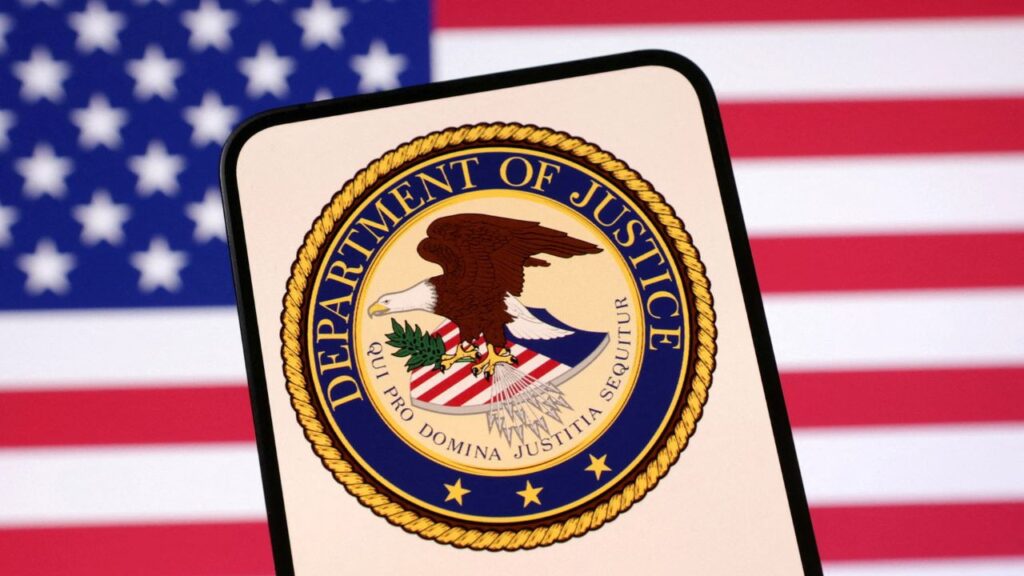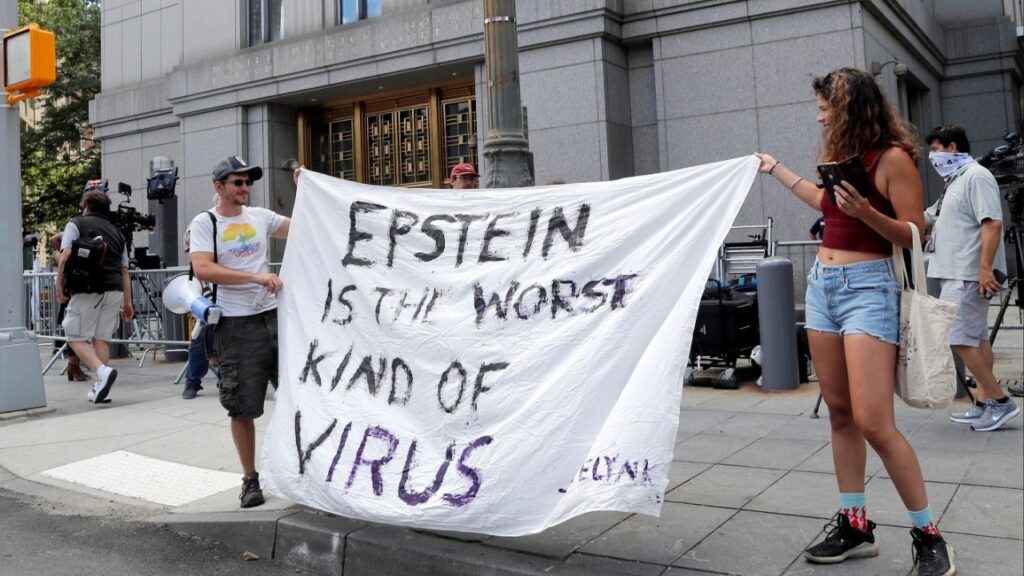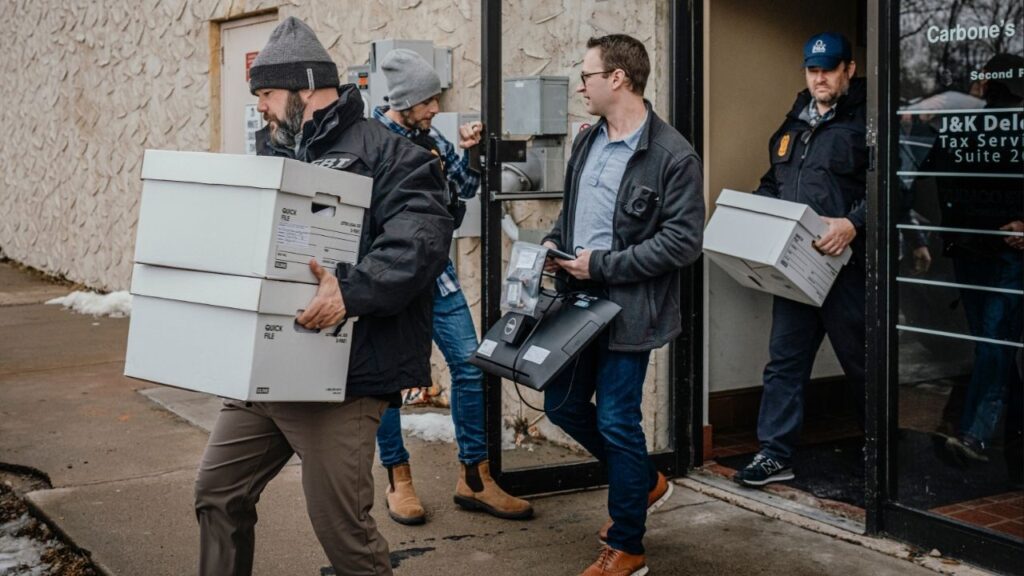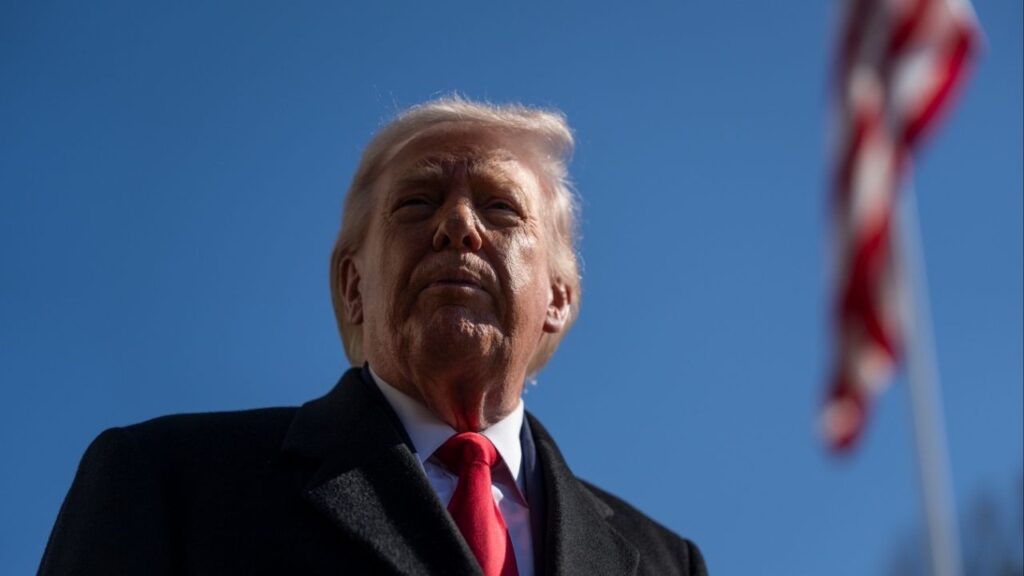Share
What should the members of Congress ask former special counsel Robert Mueller when he testifies in front of two House committees Wednesday? A pair of columnists, writing for InsideSources.com, answer that question from two political points of view. Lisa Gilbert, vice president of legislative affairs for Public Citizen, views the task from the left. W. James Antle III, editor of The American Conservative, approaches it from the right.
From the Left: What Should Lawmakers Ask Mueller? It’s Easy
When congressional lawmakers question former special counsel Robert Mueller on Wednesday, they won’t need to dig far to tease out compelling testimony.
It’s all there, in the report. All they need to do is ask Mueller to detail his findings — which are shocking enough.

Lisa Gilbert
When did the Trump campaign know that Russia was attacking American democracy? Before anyone else, the report shows.
How did the Trump campaign react? Staffers worked to exacerbate Russia’s attack.
What About WikiLeaks?
How? The campaign shared internal polling data with a Russian agent, and Paul Manafort, Trump’s campaign chairman, who is in jail, repeatedly met with an individual linked to Russian military intelligence and provided him with Trump’s internal campaign strategy memos, including the campaign’s plan to target voters in key Midwestern states.
What did then-candidate Donald Trump know about the release by WikiLeaks of emails hacked from the Democratic National Committee? He knew Russia was behind the hack, and he knew the releases were coming.
What did Trump do? He set up back channels to coordinate on the timing of the releases.
How did Trump respond publicly when asked about WikiLeaks’ releases? He covered up for Russia, saying it could have been a 400-pound man sitting on his bed leaking information.
Pretty astounding stuff.
Get Details of Trump’s Involvement
But that’s just the beginning. Lawmakers should ask about the numbers in Mueller’s report, because those are jaw-dropping as well.
How many contacts were there between Trump’s campaign team and Kremlin-linked operatives? 272.
How many meetings? Thirty-eight, and during the investigation, President Trump lied and sought to cover them up.
How much criminal activity did the special counsel’s office find? Enough to make 37 indictments and obtain seven guilty pleas or convictions.
How many instances of potential obstruction of justice did Mueller find? He identified 10 potential instances of obstruction, ranging from witness tampering and lying to investigators to destroying evidence. But because the president of the U.S. can’t be charged, Mueller’s hands were tied.
What would happen to anyone else who was found to have engaged in obstruction of justice? They would go to jail. Obstruction of justice is a felony.
Was Trump involved in this mess? Yes.
Did Trump tell people to lie? Yes. He told White House Counsel Don McGahn to lie about Trump’s order to fire Mueller. Then Trump told McGahn to create a false record about it.
Did Trump lie himself? Heck, yes.
Frame the Conspiracy
Trump helped write a false statement for his son to give publicly about a meeting the campaign had with Russian operatives at Trump Tower.
Trump also publicly said during the 2016 campaign he had no business ties to Russia, even though his team was secretly working with Russian government officials on building a Trump Tower Moscow, and they signed a letter of intent with Russia about the Moscow project during the campaign.
Did Trump try to use the attorney general’s office to protect himself from the special counsel’s investigation? Absolutely. Trump pushed Attorney General Jeff Sessions to use his position as head of the Department of Justice to protect him by limiting the scope of the Mueller investigation. He also tried to remove Sessions from his post.
Did Trump’s campaign staffers try to deceive investigators or destroy evidence? Yes.
It’s all there — and more — in the pages of the Mueller report.
The cold, hard facts of the report should be the focus of the hearing. They show obstruction. They show conspiracy. Mueller has told the tale, but the American people have yet to hear it in his own words.
Lawmakers should use this hearing to ask questions that dig into the report’s shocking findings about a president who believes himself above the law.
Now here’s a question for Congress: What are you going to do about it?
Lisa Gilbert is vice president of legislative affairs for Public Citizen, a nonprofit consumer advocacy organization that champions the public interest in the halls of power.
From the Right: More Questions for the Special Counsel
Congress finally has an opportunity to ask special counsel Robert Mueller direct questions about his investigation of Russian interference in the 2016 presidential election. This is good because contrary to Mueller’s protestations, his report doesn’t answer everything.

W. James Antle III
In what might have been the biggest discrepancy between Mueller and Attorney General William Barr’s summary of his findings, the Trump-Russia special counsel said he was guided by Justice Department policy: A sitting president can be investigated but not charged, though the investigation could lead to charges against any co-conspirators identified. Since Trump could not be indicted for obstruction, Mueller concluded “it would be unfair to potentially accuse somebody of a crime when there can be no court resolution of the actual charge.”
Clear Up the Explanation
There are two problems with this explanation. First, the Justice Department’s policy against indicting a sitting president does not prevent Mueller from arriving at a conclusion. Second, if “fairness” is the issue, the Mueller report already purports to lay out evidence against the president without any resolution. As it happens, many Democrats in Congress interpreted both his report and his news conference account of why he did not take a firm position on obstruction as a sort of passive-aggressive impeachment referral.
At the very least, this begs for follow-up questions. Why was your report not an explicit impeachment referral like independent counsel Kenneth Starr’s during the Bill Clinton/Monica Lewinsky saga? Was it a close call legally or in terms of evidence? Was your team divided about what to do? Or was the key difference the fact that Starr reported to a panel of judges under a since-expired statute while Mueller reported to Barr and the Justice Department?
Barr has already said publicly he did not agree with some of the legal theories under which Mueller found evidence of obstruction, especially as relates to the president’s use of his Article II powers under the Constitution. If Mueller directly accused Trump of wrongdoing, would he therefore be overruled? Was he concerned that going further than he did in his report might complicate its public release?
Indictments Were a Big Tell
There are other questions worth asking. At one point did Mueller determine the evidence was not sufficient to establish a conspiracy between Russian electoral interference and any members of Trump’s campaign team? Maybe the answer is that he followed the trail of Trump-Russia contacts as far as he could before concluding there wasn’t enough there to sustain charges of criminal conspiracy shortly before he wrapped up the report.
But the indictments he had handed down before the report was finished — that is, the things Mueller and his team thought they could walk into a courtroom and prove — were a pretty big tell. No American was ever charged with conspiring with Russia to commit any election-related crime — not Paul Manafort, not Roger Stone, not Carter Page, not George Papadopoulos. Page wasn’t indicted at all.
How does Mueller answer critics like investigative reporter Eric Felten, who argues the report has a pattern of trying to appear more damning than what it proves factually? Felten argues Mueller “used a number of rhetorical devices to couch evidence and craft a narrative so that a document that ultimately clears the president can also be read as an indictment.” Doesn’t the fact that report has been read both ways by Trump’s defenders and detractors lend some credence to Felten’s contentions?
And, Finally: Impeachment?
Mueller states in the report, “Papadopoulos suggested to a representative of a foreign government that the Trump Campaign had received indications from the Russian government that it could assist the Campaign through the anonymous release of information damaging to candidate Clinton.” What exactly did Papadopoulus say? What were the indications the Trump campaign received and who in the campaign received them? Who in the Russian government gave these indications?
Finally, the most important question is the one Mueller is least likely to answer, as he will undoubtedly say the decision belongs to Congress. Still, it’s worth asking: Does he personally believe President Trump has committed high crimes and misdemeanors and should therefore be impeached?
W. James Antle III is editor of The American Conservative.




















